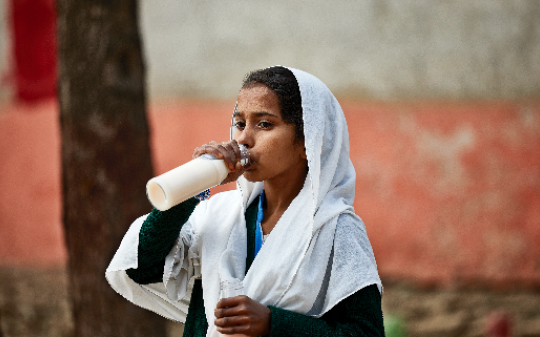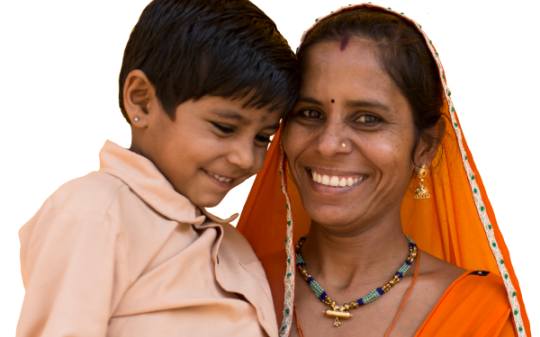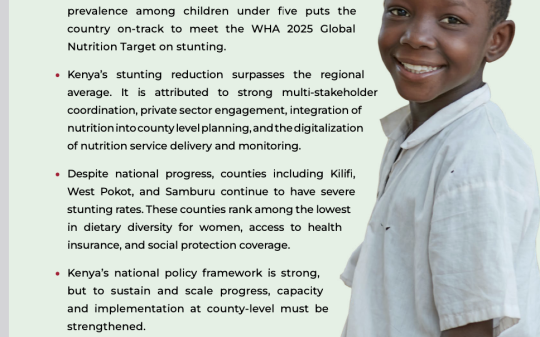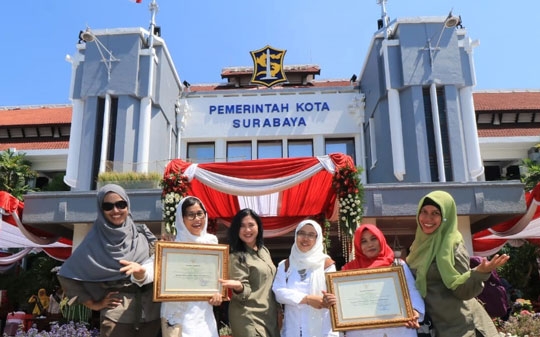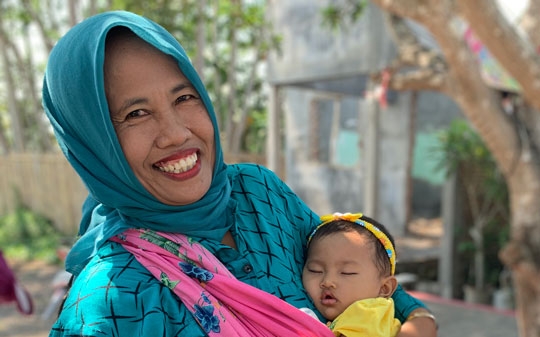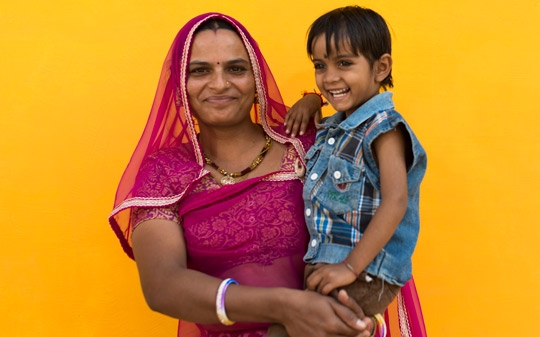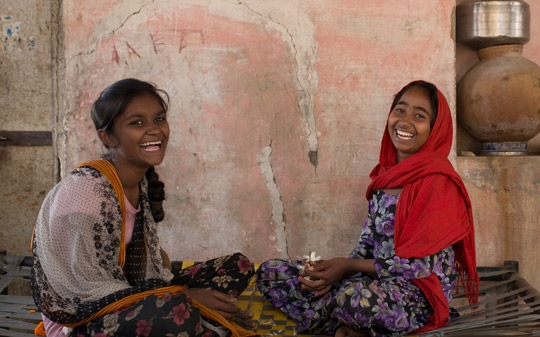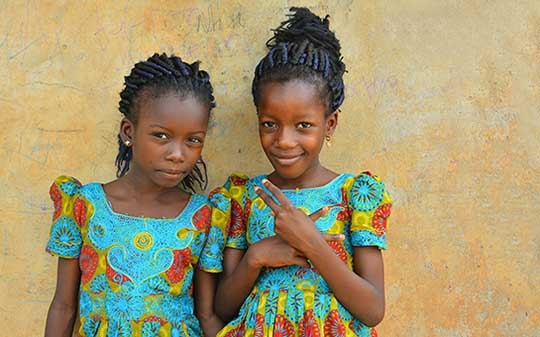Beyond the Children and Young People theme, GAIN supports staff to integrate youth-focused activities across its programmatic portfolio. This includes:
- Technical assistance on youth engagement and co-creation practices by providing guidance, support, and resources to staff and projects seeking to effectively involve young people in decision-making processes, program design, and implementation.
- Promoting and enhancing safeguarding measures and best practice to ensure the safety of youth and to prevent harm across GAIN's activities.
- Standardised KPIs and Metrics on youth reach and participation to ensure all projects are measuring the impact and effectiveness of their work on youth.

